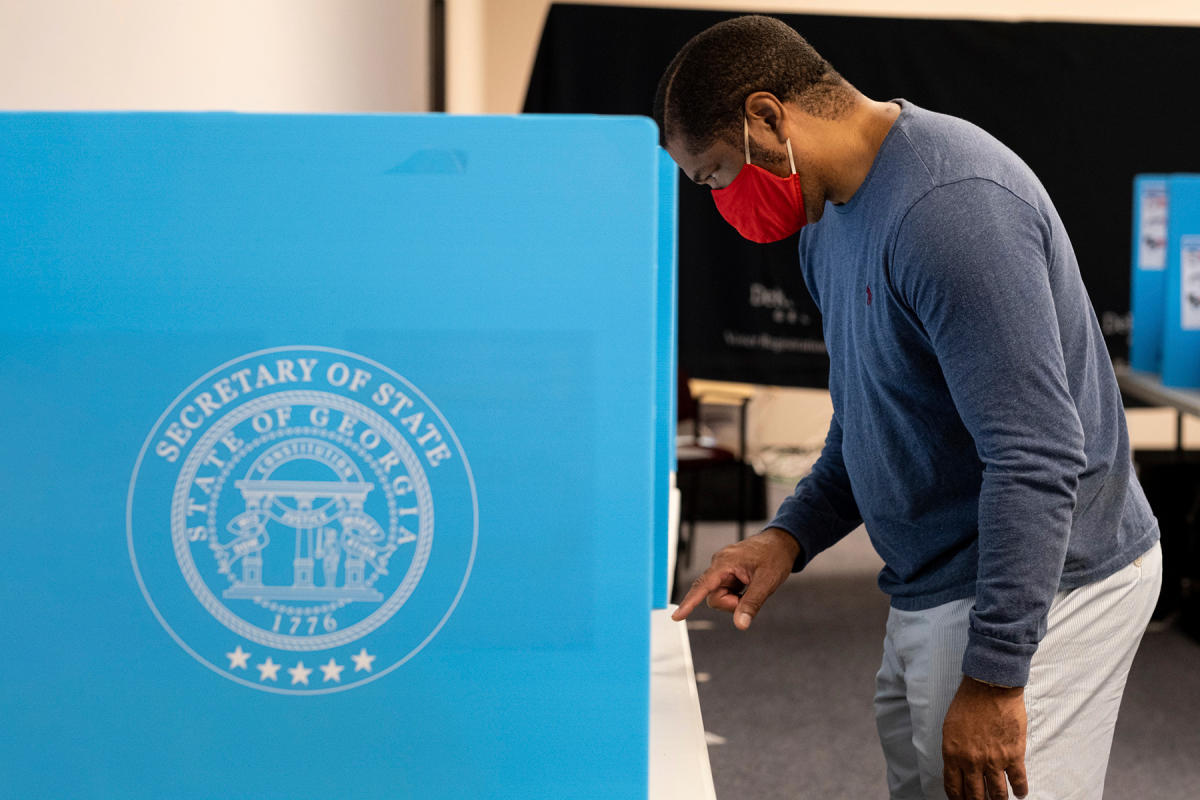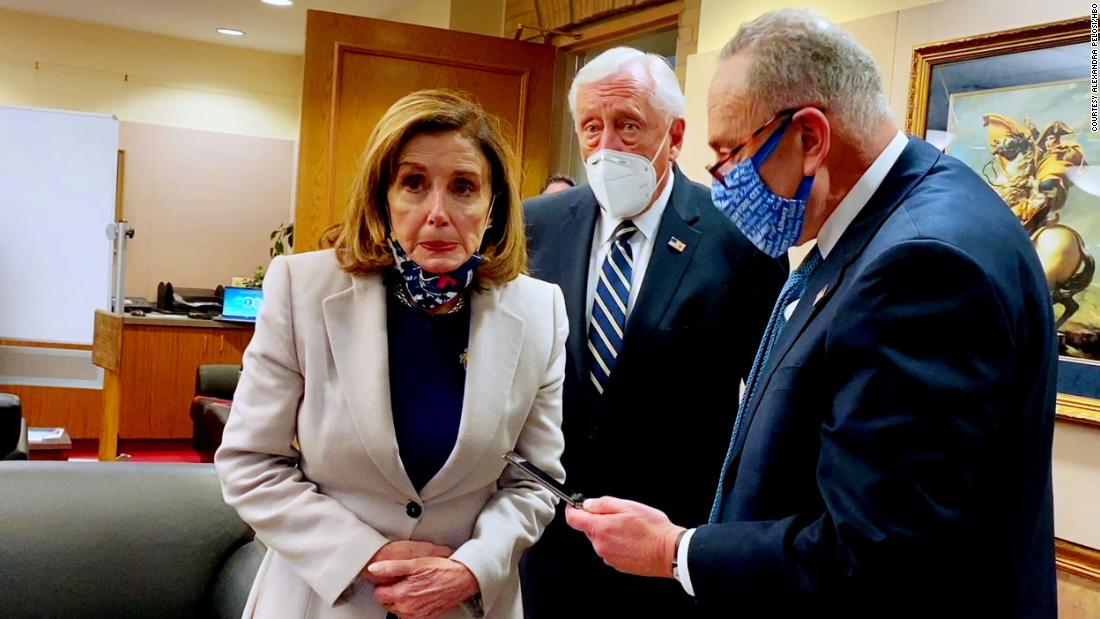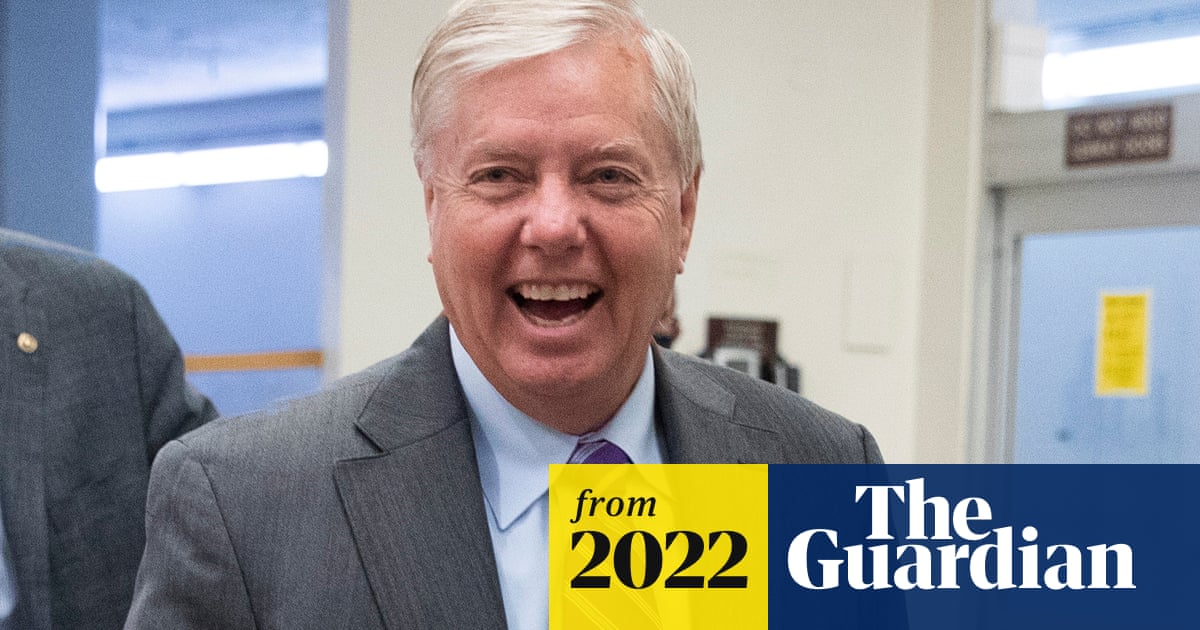fishonjazz
Well-Known Member
Contributor
2018 Award Winner
2019 Award Winner
20-21 Award Winner
2022 Award Winner
2023 Award Winner
2024 Award Winner
2025 Award Winner
The fallout of trumps big lie.
Lisa Deeley was just looking for some fresh air when the local election chief, in the midst of certifying the local 2020 vote, stepped outside the downtown convention center for a simple walk that would turn her life upside down.
Unknowingly, Deeley's path took her headlong into the viewfinder of a camera-wielding Donald Trump supporter who unleashed a torrent of insults, falsely accusing the city commissioner of election fraud and demanding unauthorized access to the vote count.
The video, posted to social media, immediately went viral, prompting a wave of threats requiring the appointment of a plainclothes security detail that for weeks accompanied the commissioner everywhere she went – from the restroom to her local Wawa convenience store. The threats got so bad she relocated her mother to a New Jersey beach town to remove her from the line of fire.
"Everybody who's had this position before me has worked in relative anonymity," Deeley said. "Nobody paid any attention to this position before – until 2020."
Local election workers, who once operated in near-political obscurity, have added protection plans to jobs that once celebrated the cycles of democratic engagement. Threats to their well-being have drawn the attention of federal authorities.
As Trump has made the "big lie" a litmus test for Republican candidates in the midterms, the GOP and conservative allies are planning to swarm battleground states with thousands of "poll watchers" charged with rooting out alleged voter fraud, a mission that election officials suggest is merely code for authorizing intimidation.
Brendan Fischer, deputy executive director of the election watchdog organization Documented, said conservative organizations are training hyperpartisan activists to challenge voters in an effort to suppress turnout. He said many poll watchers will be election deniers who refuse to believe Trump lost to Biden two years ago.
In North Carolina, Henderson County reported a near-tripling in the number of poll watchers during its May primary, and some had to be warned off as they got too close to voters, voting machines, and elected officials.
Karen Hebb, director of the Henderson County, North Carolina, Board of Elections, said previous elections drew eight to 10 observers from each party; between 28 and 30 Republican poll watchers appeared at polling places during the May primary.
The wave of harassment and abuse targeting local election workers in 2020 prompted the Justice Department to launch the Election Threats Task Force, supported by the FBI's network of 56 field offices.
Since last summer, the task force has reviewed more than 1,000 reports of threatening communications. About 11% of those met the threshold for federal investigation, so far resulting in seven overall criminal prosecutions.
On Thursday, federal authorities announced charges against an Iowa man, accused of threatening a Phoenix-area election official and an official with the Arizona Attorney General's Office in telephone calls last year.
"I am glad that you are standing up for democracy and want to place your hand on the Bible and say that the election was honest and fair," Mark Rissi, 64, allegedly told the election official in a September 2021 message. "When we come to lynch your stupid lying Commie (expletive), you’ll remember that you lied on the (expletive) Bible, you piece of (expletive). You’re going to die, you piece of (expletive). We’re going to hang you. We’re going to hang you.”
In December, Rissi allegedly left a similar message in a call to the Attorney General's Office.
"Do your job ... or you will hang with those (expletive) in the end," the message stated. "We will see to it. Torches and pitchforks. That’s your future, (expletive). Do your job.”
The protection of election workers has become a relatively new front for federal authorities who until 2020 were primarily focused on safeguarding election systems from foreign adversaries, including Russia, and blunting cyber campaigns aimed at disrupting election operations, stealing voter data and altering vote counts.
In August, FBI Director Christopher Wray described election and politically motivated violence "almost a 365-day phenomenon," an outgrowth of the country's deep divide.
Falsely asserting that poll watchers had been banned from early voting locations, Trump claimed "bad things happen in Philadelphia."
"Bad things," he continued.
Deeley, the election commissioner, said Trump's remark "popped the cork right off the bottle."
"That was it; there was no putting it back," she said, referring to the start of a campaign of threats, harassment and abuse that also did not spare her colleagues on the three-member commission, including fellow Democrat Omar Sabir and Republican Al Schmidt, who left the post last year.
"A guy named Al Schmidt, a Philadelphia Commissioner and so-called Republican (RINO), is being used big time by the Fake News Media to explain how honest things were with respect to the Election in Philadelphia," Trump wrote. "He refuses to look at a mountain of corruption & dishonesty..."
The tweet, Schmidt told the committee, prompted a stream of graphic threats that not only targeted him, but also members of his family, with pictures of his home and address posted on social media.



